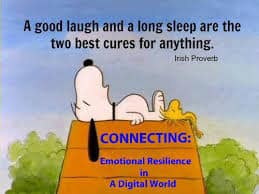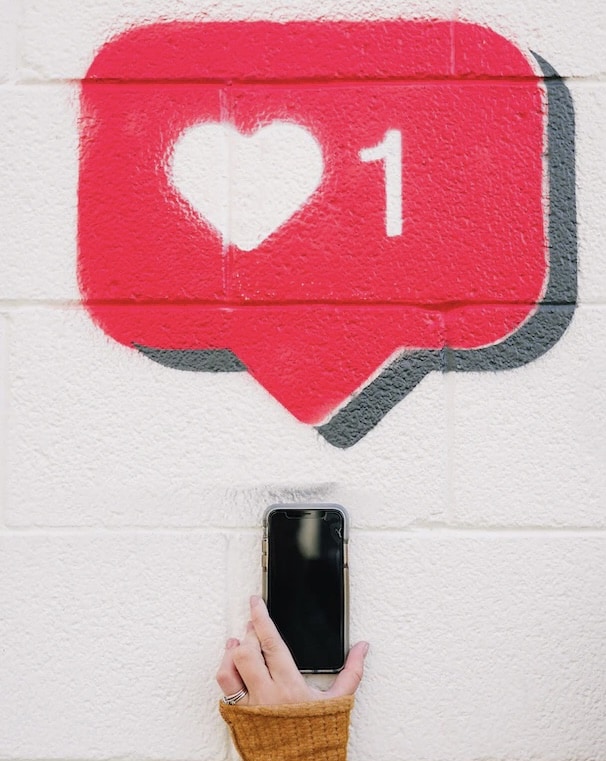
Building emotional resilience
Building Emotional Resilience and Your Immunity
Stress and Physical Illness
It is now commonly understood that chronic stress, depression and anxiety deplete the immune system and are major factors in many physical illnesses. Emotional resilience has become a vital tool to manage stress and help us navigate life’s unpredictability and uncertainty, which includes transitions, losses and crises.
Simple Lifestyle Habits Build Psychological Resilience
There are obvious common-sense strategies for managing stress and building resilience, for example eating healthily, getting enough sleep and finding a type of exercise you enjoy. The benefits of these key 3 cannot be over-stated.
The field of psycho-neuro-immunology (how stress affects the body) has documented various additional activities to help combat stress, increase endorphins (the “happy” hormones such as serotonin) and boost the immune system. These include:
- sunlight and nature (for the winter you may consider taking a D3 supplement)
- mindfulness meditation*
- yoga
- counselling and psychotherapy
- touch/massage
- various complementary therapies
- social connectedness
- being with animals
- volunteering in the community
- humour
- music
- gardening
- stream-of-consciousness writing*any healthy activity which enables you to pay attention without judgement in the present moment to your body’s sensations and inner thoughts/feelings.
‘Down-time’ Combats Fatigue and Builds Resilience
It is all too easy for modern life to become overloaded with information, social networks and an overstated work ethic, so that our inner core self becomes overshadowed by the minutia and rush of daily living. We need to keep a conscious awareness of the importance of slowing down and reflecting on what we need in order to stay well and feel fulfilled. I am definitely NOT suggesting perfection! After all, we do need our defences and escape routes. What I am proposing is more of a striving for balance, which requires enough self-awareness and self-discipline to avoid becoming enslaved by stress or unconsciously resorting to unhealthy coping mechanisms such as alcohol or drugs.
Don’t make New Year’s Resolutions!
Most of us probably know what to do to reduce stress but all too often we fail to put such strategies into practice and New Year’s resolutions fall quickly by the wayside. Why is this? Why is it hard to prioritise what we know to be good for us? Does self-awareness, self-belief and self-discipline have something to do with it, and if so, what can we do about that?
Self-Awareness
Self-awareness is often related to emotional intelligence – which is knowing how you feel and why. This in turn enables a person to be less afraid and more accepting of emotional reactions when they arise. If you suffer from low self-worth, are confused about what you want from life, struggle to find meaning, are regularly overtaken by intense emotions; or keep repeating unhelpful patterns of thought or behaviour, then talking to a professional counsellor or psychotherapist can be really helpful. (See our website for more information).
Forming New Habits
Spend time figuring out what gives negative stress to your life and what helps you to feel calmer and more energised. Make a list and regularly diarise a new activity if that is helpful. Start with something simple but try to be consistent, preferably building in something daily if possible. Given that we humans have a natural biological tendency for homeostasis (the drive to maintain the status quo, even if that isn’t healthy) it’s important to realise that it does take time to form new habits and lifestyle choices – in fact up to four weeks! Once new activities become habitual, they have a better chance of staying on our agenda when other demands seem more important or urgent.
Spend time figuring out what gives negative stress to your life and what helps you to feel calmer and more energised. Make a list and regularly diarise a new activity if that is helpful. Start with something simple but try to be consistent, preferably building in something daily if possible. Given that we humans have a natural biological tendency for homeostasis (the drive to maintain the status quo, even if that isn’t healthy) it’s important to realise that it does take time to form new habits and lifestyle choices – in fact up to four weeks! Once new activities become habitual, they have a better chance of staying on our agenda when other demands seem more important or urgent.
Tolerate Imperfection, Learn from your Mistakes and Gain Support
Do not expect perfection!! We learn more from failure than success, and if you can really put this into practice you will build inner resilience. It is a matter of seeing life’s obstacles as challenges and finding meaning in loss or in a crisis instead of perceiving oneself as a victim of circumstance. This will also help to empower you, enable you to retain a sense of control and open up more choices.
By: Wendy Bramham
January 2018





This Post Has 0 Comments